USING Eco-Friendly Language, Without Greenwashing
If you had a nickel for every time you heard the word “sustainability,” you’d be rich. In recent years, sustainability as a concept has become a key selling point for brands, especially the ones in the outdoor and adventure space (probably because they know outdoorsy folks like us tend to, ya know, want to protect the planet we spend so much time enjoying).
Consumers are more aware than ever of the environmental impact of their choices, and if you’re reading this, you probably seek out products and services that reflect these values (I dunno, just a hunch).
BUT. There’s a fine line between authentically communicating eco-friendly practices and unintentionally falling into greenwashing. For biz owners and marketers, crafting messages that resonate without misleading is no easy feat. Here’s how you can write considerate copy that still upholds transparency and ethics.
Start With Authenticity
If you want to promote sustainability, you gotta make sure you’re walking the walk, first. Does your business actually have eco-friendly practices in place? Consumers are savvy—they can usually spot “greenwashing” and false sustainability claims after a few minutes of internet sleuthing (or scrolling through the “About” and “Our Values” and “Our Mission” pages of your website). Whether you’re a gear brand, a travel blogger, or a campground, it’s crucial that your actions match your words. Claiming to use sustainable materials? I’m sure you’re prepared to explain what those materials are, how they’re sourced, and why they’re better for the environment. Not sure you can back it up? Don’t use eco-friendliness to promote your product just yet.
Walking the walk and want to talk the talk? Share specific actions and policies that make your conservation or preservation efforts happen. Instead of saying, “We’re eco-friendly,” try: “Our hiking boots are made with 100% recycled rubber soles, diverting waste from landfills and reducing our carbon footprint.”
These concrete (and accurate) details build trust and demonstrate your commitment while also educating your consumer about your product. Win win!
Avoid Overused Buzzwords
Phrases like “green,” “eco-friendly,” and “sustainable” are often overused to the point of losing meaning. Seriously, can you define any of them? While they can still prove effective, pairing them with specifics is what will make your message credible.
Instead of advertising your product as “environmentally friendly,” explain how it reduces energy use, minimizes waste, or supports biodiversity.
So instead of “eco-friendly camping gear,” try: “Our tents are crafted from organic cotton and waterproofed with a biodegradable coating, ensuring your adventures tread lightly on the planet.”
Be Transparent About Limitations
Nobody is perfect. No business is, either. And pretending otherwise can harm your credibility. Being open about areas while you’re still improving or working toward milestones can foster trust and demonstrate your commitment to the ongoing process. You might acknowledge that while your product packaging isn’t yet plastic-free, you’re actively researching biodegradable alternatives.
Customers appreciate honesty. Don’t you? Acknowledging challenges can actually drive conversations among your community and help demystify your brand, ultimately making your successes more believable.
Tell Stories That Connect
Storytelling! What a powerful way to communicate your eco-friendly initiatives. Instead of simply listing features, share the journey behind your product or service. Did you partner with a local conservation group? Did you source the perfect packaging? These narratives add another layer of “humanness” and resonate with consumers who value authenticity.
Here’s an example of storytelling your values: “Our paddleboards are made from reclaimed wood, a process inspired by our founder’s love for woodworking and dedication to reducing ocean waste.”
Educate, Don’t Preach
Your audience doesn’t want to feel judged for their choices. I talk a lot about this in my guide, Ethical Copywriting 101 (A Crash Course in Conscious Communication). Instead of shaming people for not being perfectly sustainable, you can focus on empowering them to make small, positive changes. Frame your messaging as an opportunity to be a part of a larger movement, not a guilt trip.
Here’s an example: “By choosing our solar-powered lanterns, you’re helping reduce reliance on disposable batteries and electrical outlets when adventuring—one simple step toward a brighter future.”
Leverage Certifications and Partnerships
Third-party certifications like Fair Trade, Rainforest Alliance, or B Corp can bolster your claims and provide external validation. Think of these accreditations like a badge of honor. Highlighting partnerships with reputable environmental organizations can highlight your commitment to making a difference, too.
You can include certification logos or mention collaborations in your copy when applicable. Many elopement photographers highlight their Leave No Trace training, for example!
Don’t forget that small and local collaborations make an impact, too! Working within your community to minimize waste, bring resources or gear to marginalized groups, and donating small-but-mighty contributions are all noteworthy, too!
Focus on Impact Over Intention
Rather than talking about what you want to do, emphasize what you’re actively doing. Consumers care about tangible results. Highlight measurable outcomes—like the number of trees your contributions planted, pounds of waste diverted, or gallons of water saved! This ties back to being transparent about your limitations. We can highlight our successes while acknowledging our shortcomings and challenges, too. This combination can go a long way in gaining trust.
Be Part of the Solution
As a business owner in the outdoor or adventure space, you’re uniquely positioned to inspire your audience to care for the planet. By choosing words that are clear and honest, you can promote sustainability without compromising your integrity.
Your audience wants to feel like they’re part of the solution and part of something bigger. You can help them see how your brand aligns with these values through careful and accurate choice of words. When in doubt, remember that the best eco-friendly marketing isn’t about perfection; it’s about progress. Through thoughtful language, you can build trust, foster loyalty, and make a meaningful impact.
